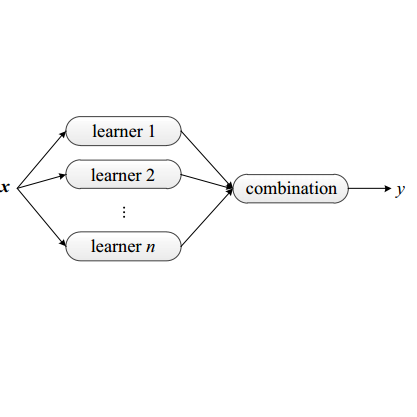The idea to distinguish and quantify two important types of uncertainty, often referred to as aleatoric and epistemic, has received increasing attention in machine learning research in the last couple of years. In this paper, we consider ensemble-based approaches to uncertainty quantification. Distinguishing between different types of uncertainty-aware learning algorithms, we specifically focus on Bayesian methods and approaches based on so-called credal sets, which naturally suggest themselves from an ensemble learning point of view. For both approaches, we address the question of how to quantify aleatoric and epistemic uncertainty. The effectiveness of corresponding measures is evaluated and compared in an empirical study on classification with a reject option.
翻译:在过去几年里,在机器学习研究中,人们日益重视区分和量化两种重要的不确定性的想法,这两种不确定性通常被称为 " 疏通性 " 和 " 迷通性 " 。在本文件中,我们考虑了基于共同的不确定性量化方法。我们区分了不同类型的有不确定性的学习算法,我们特别侧重于基于所谓的直肠套件的巴伊西亚方法和办法,这自然从共同的学习角度表明自己。对于这两种方法,我们讨论了如何量化疏通性和共通性不确定性的问题。相应的措施的有效性在对带有拒绝选项的分类的经验性研究中得到了评估并比较。




